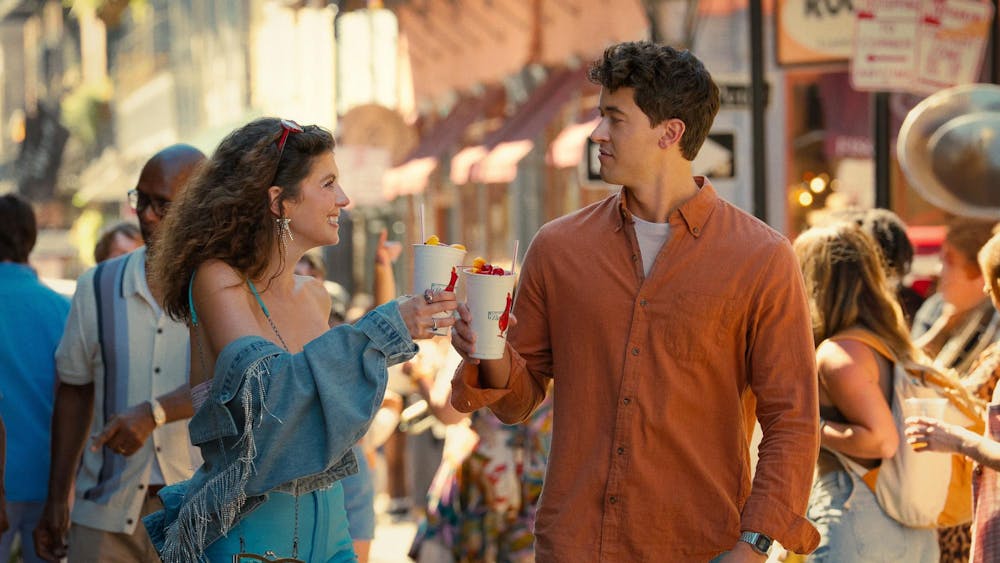Many people can’t go a day without creating trash. Now some are trying to go a whole week.
Beginning Sunday, participants in the No Impact Experiment will be cutting back on their use of energy, water, transportation and trash creation in an attempt to test how much they really need these “creature comforts.”
The experiment, described as a one-week “carbon cleanse,” is an international effort inspired by the “No Impact Man,” Colin Beavan, who chronicled his year-long attempt to live a “zero-waste lifestyle” with his family in New York City.
Each day, participants are given a challenge meant to motivate them to look for ways to lessen their environmental impact. The challenges vary, ranging from cutting out use of electricity to going an entire day without creating any trash.
As the week continues, they’re expected to continue the previous day’s challenge until the eight days are up, said Stephanie Bleyer, associate director of the project.
The How-To Manual, downloadable on the project’s site, lists ways to help participants achieve this goal. For instance, they are encouraged to put together a no-trash kit that includes a reusable drinking cup, utensils and bag as well as buying food grown within 100 miles of home. Those who feel they are unable to complete the entire eight days are encouraged to do as much as they can, Bleyer said.
“The thing about this week is that we’re not telling people to go back to the land and become Amish and give up all their conveniences,” Bleyer said. “We’re telling people to take one step, try something for a week. You don’t need to go to the extreme that would totally mess up your life.”
The goal of the experiment doesn’t stop there, though. Participants are also asked to get involved with their local and national communities. The guide lists different environmental advocacy activities going on during the week that participants will be able to engage in, as well as suggestions for volunteering in their local communities.
For residents of Bloomington, Parks and Recreation Community Relations Manager Julie Ramey has some tips for helping the environment as well.
“The most obvious way to help is to not drive your car,” Ramey said. “It cuts down on fossil fuels and saves energy, plus it’s just good for you to get out and exercise and walk around.”
Ramey said she would also persuade people to buy locally. Purchasing food from local farmers keeps people from having to drive to deliver them, cutting down on emissions even more, she said.
Once participants are done with the day, they are encouraged to go online and post a blog or video log of what they accomplished. They are then asked to fill out a survey and participate in a nightly discussion with experts from the No Impact Project.
Bleyer said that like any program, the more people put into this, the more they will get out of it.
“The idea behind it is that you can’t just make a behavior change if we’re going to make a change in the world,” she said. “Individual action is not enough. It has to be coupled with action in your community and action in your country.”
Experiment to reduce energy, water usage
Get stories like this in your inbox
Subscribe





